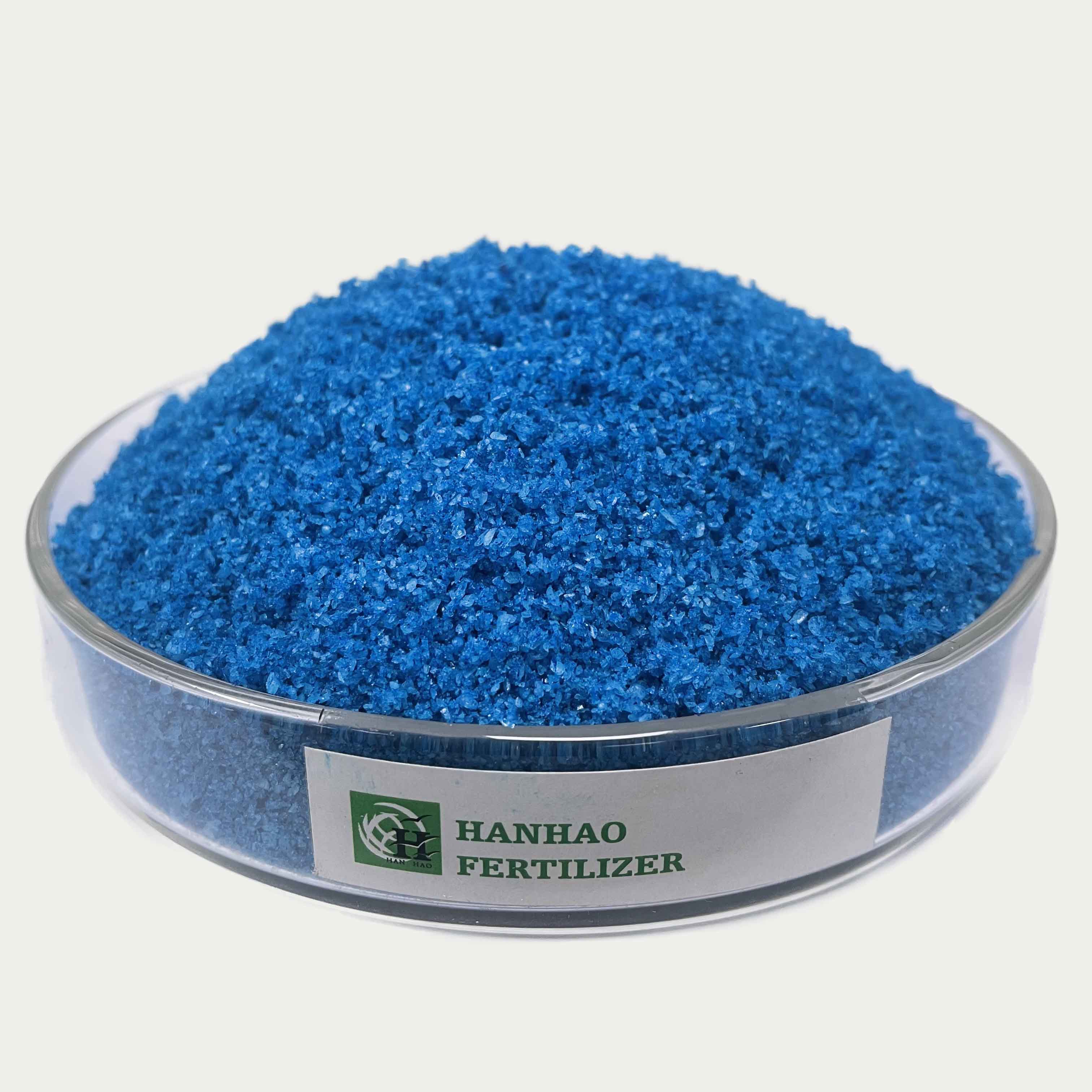
Aug . 13, 2024 13:38 Back to list
Top Recommendations for NPK Fertilizers to Enhance Vegetable Growth Effectively and Sustainably
The Best NPK Fertilizer for Vegetables A Comprehensive Guide
When it comes to growing healthy vegetables, the importance of proper fertilization cannot be overstated. Among the various types of fertilizers available, NPK fertilizers—those that contain a balanced mix of nitrogen (N), phosphorus (P), and potassium (K)—are among the most effective for enhancing vegetable growth. This article explores the best NPK fertilizers tailored specifically for vegetable cultivation, considering factors such as nutrient content, application methods, and the specific needs of different vegetable crops.
Understanding NPK Ratios
To select the best NPK fertilizer, it’s crucial to understand what each component does. Nitrogen promotes vigorous leaf and stem growth, making it essential for leafy vegetables like spinach and lettuce. Phosphorus supports root development and flowering, which is especially important for fruiting vegetables such as tomatoes and peppers. Potassium enhances overall plant health, helping with drought resistance and disease prevention.
A typical NPK ratio might be expressed as 10-10-10, indicating equal parts of nitrogen, phosphorus, and potassium. However, different vegetable crops have varying nutrient requirements, and thus, many NPK fertilizers are specially formulated with different ratios to cater to specific growth stages or vegetable types.
Ideal NPK Fertilizers for Common Vegetables
For leafy greens, an NPK ratio of 20-10-10 is preferable due to their high nitrogen needs. This formulation promotes lush, green foliage, which is essential for plants like kale and Swiss chard. Many commercial fertilizers are available, but organic options like blood meal can also provide a rich nitrogen source.
best npk fertilizer for vegetables factory

Fruiting vegetables such as cucumbers and peppers thrive with an NPK ratio of around 5-10-10. The higher phosphorus content aids in flower and fruit set, which leads to a more productive harvest. Fertilizers like bone meal are excellent organic choices that can supply the necessary phosphorus while also improving soil health.
Root vegetables, including carrots and potatoes, benefit from balanced fertilizers such as 10-10-10 during their early growing stages. As they mature, a shift to a fertilizer with a higher potassium content, like 5-10-20, can boost tuber development and enhance disease resistance.
Application Methods
Proper application of NPK fertilizers is crucial for maximizing their benefits. A granular fertilizer can be mixed into the soil before planting, providing an immediate nutrient source to young plants. Alternatively, water-soluble fertilizers can be used for foliar application, providing quick nutrient uptake. It is essential to follow instructions on the packaging to avoid over-fertilization, which can damage crops.
Additionally, the timing of fertilization is key. For most vegetables, a base application at planting time followed by additional feedings during the growing season will support steady growth. Regular soil testing can help determine nutrient levels and inform fertilization strategy, ensuring that plants receive the nutrients they need at the right times.
Conclusion
Choosing the best NPK fertilizer for vegetables requires a thoughtful approach that considers the specific needs of each crop. By understanding the role of nitrogen, phosphorus, and potassium, gardeners can select the appropriate fertilizer formulas to optimize growth, enhance yields, and improve the overall health of their vegetable gardens. Whether opting for synthetic or organic options, proper application and timing will ensure that your vegetable plants flourish, providing delicious harvests throughout the growing season.
-
Premium Organic Manure Compost for Eco Gardens
NewsAug.01,2025
-
Organic 10-10-10 Fertilizer | Balanced Plant Nutrients
NewsJul.31,2025
-
Premium Amino Acid Fertilizer | Rapid Plant Growth Booster
NewsJul.31,2025
-
10 10 10 Fertilizer Organic—Balanced NPK for All Plants
NewsJul.30,2025
-
Premium 10 10 10 Fertilizer Organic for Balanced Plant Growth
NewsJul.29,2025
-
Premium 10 10 10 Fertilizer Organic for Balanced Plant Growth
NewsJul.29,2025
